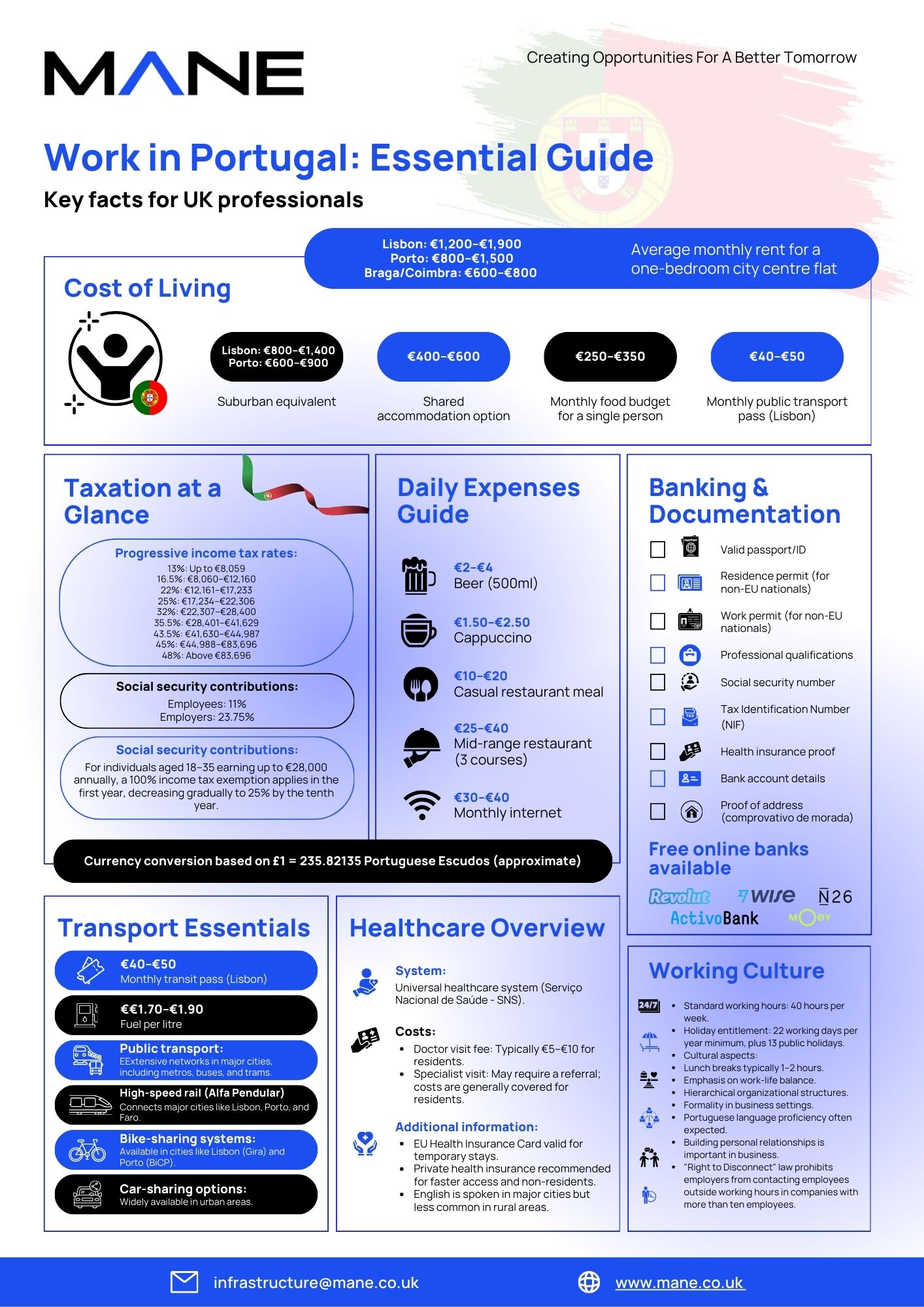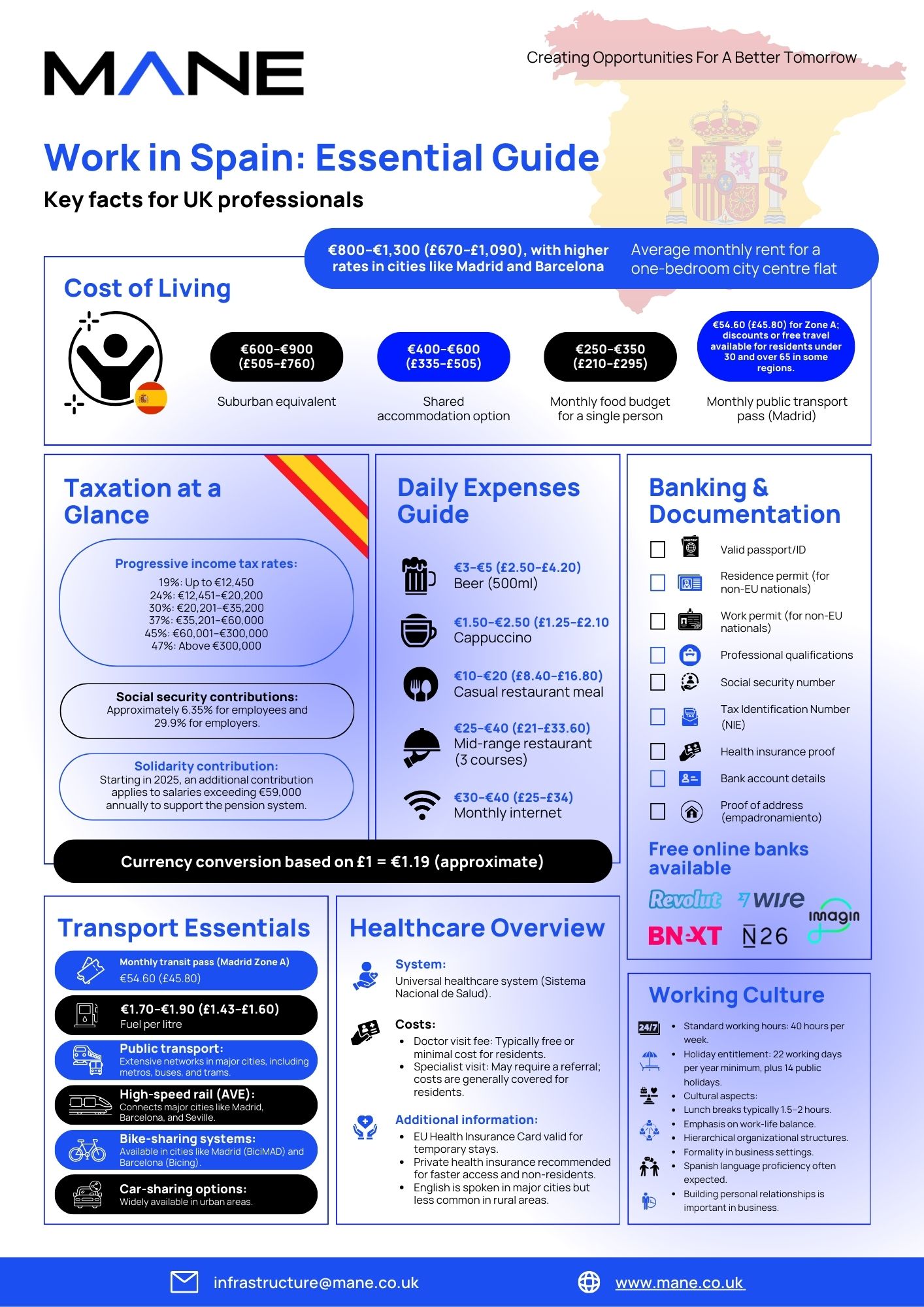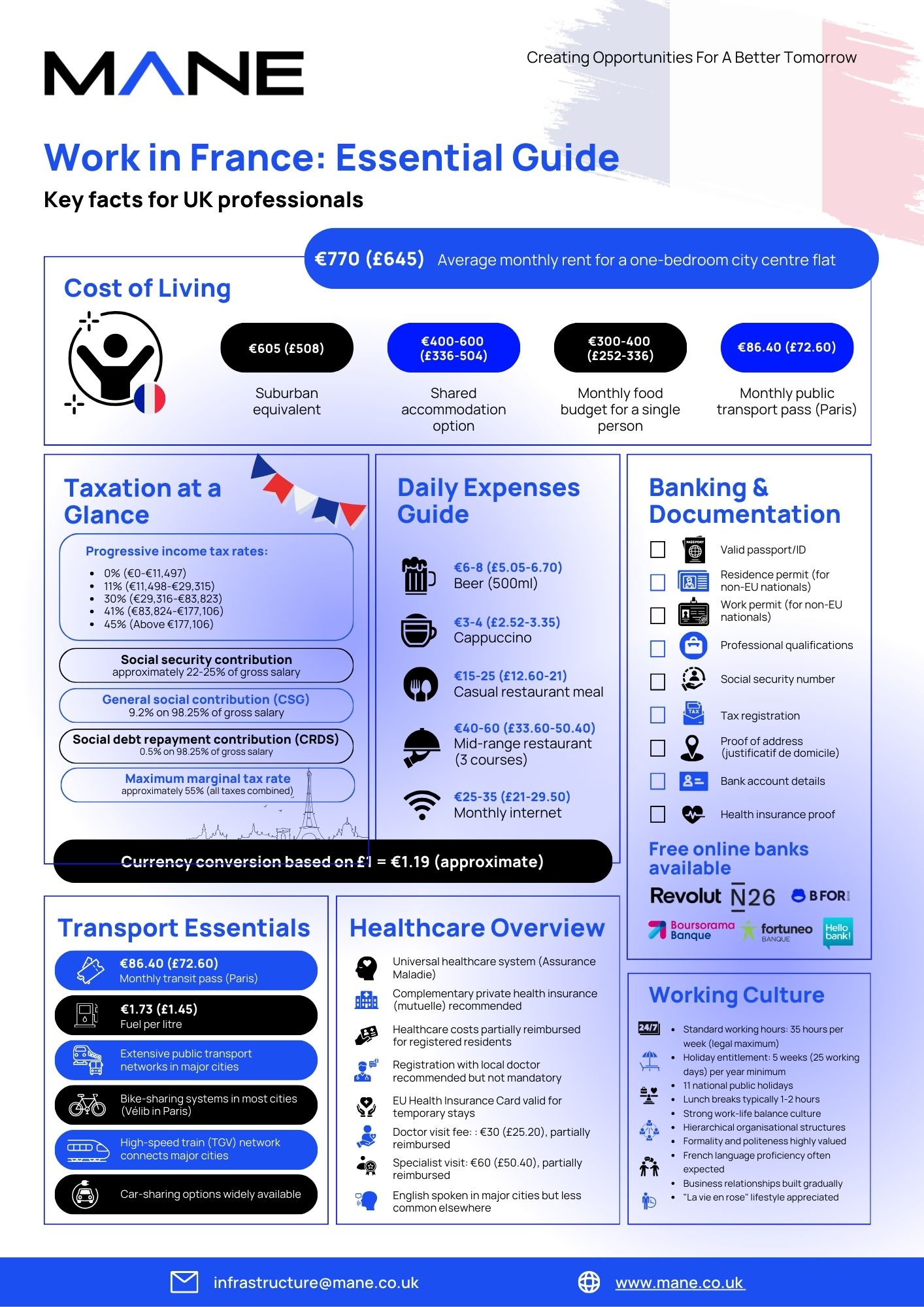MRO Americas 2025: Industry Leaders Discuss Workforce Challenges, Supply Chain, and Tariff Uncertainties
22 Apr, 20252 minsThe recently concluded MRO Americas 2025 conference in Atlanta brought together aviation mai...

The recently concluded MRO Americas 2025 conference in Atlanta brought together aviation maintenance, repair, and overhaul professionals from across the industry to discuss current challenges and future trends. Aviation Week editors James Posse, Lindsay Berregard, Lianne Shea, and Dan Ull-Williams shared their insights in a panel discussion that highlighted several critical issues facing the aviation maintenance sector.
Workforce Challenges at the Forefront
This year's official theme, "Shaping the Future of Aviation," was heavily focused on workforce development. Lindsay Berregard, Managing Editor for MRO at Aviation Week, emphasised that "workforce, workforce, workforce" was a dominant topic throughout the conference.
John Lauder's opening speech highlighted the industry's need for 15.5 million new aviation jobs over the next decade, underscoring the urgency of recruitment and retention strategies. An audience poll revealed that 63% of respondents reported that 40% or more of their workforce had five years or less experience, illustrating the "juniority" issue affecting the industry.
The panels discussed various approaches to address this challenge:
- Using AI products to help teach younger technicians and provide faster access to information
- Implementing virtual and augmented reality technologies in training
- Developing mentorship programmes to support inexperienced workers
As Hamish Guthrie, Pratt & Whitney's VP of Aftermarket Operations in North America, pointed out, everyone struggles with soft skills in their first professional role. Laurie DiMarco, Senior VP of TechOps at Mesa Airlines, stressed the importance of mentorship programmes that create safe spaces for newer technicians to ask questions they might otherwise be too embarrassed to ask.
Engine Market Developments
Dan Ull-Williams, Director of Fleet Data Services at Aviation Week, highlighted significant developments in the engine market, particularly with the LEAP engine network. The Premier MRO network for LEAP engines expanded with MTU Maintenance Dallas joining the existing five providers (ST Engineering, Delta Tech Ops, Lufthansa Technik, Standard Aero, and Air France-KLM E&M).
Standard Aero is accelerating its LEAP ramp-up in San Antonio due to higher-than-expected shop visits. Sebastian Torehorst of Lufthansa Technik mentioned they've developed more than 500 repairs for the LEAP engine, with expectations for continued market growth.
Additionally, Delta Tech Ops and MTU expanded their GTF (Geared Turbofan) network to cover all variants, adding to the significant aftermarket developments in the engine sector.
Market Uncertainty and Tariff Concerns
Perhaps the most pressing issue discussed was the current uncertainty in the market, particularly regarding tariffs. Dan Ull-Williams characterised the situation as "palpable," noting that many companies are adopting a "slow and steady" approach amid forces outside their control.
U.S. legacy carriers have already reduced their outlook for 2025, with United Airlines doubling planned fleet retirements. This represents a significant shift from recent years when airlines were reluctant to retire aircraft. The panel noted that while aircraft are currently worth more intact than as parts, a small change in demand could shift that balance.
The newly imposed tariffs are creating significant complications:
- Helmer announced they consider the tariffs a force majeure event that may allow contract renegotiation
- The teardown market faces particular challenges, as companies don't always know where all components in an aircraft were originally manufactured
- David Chemowicz, CEO of Sedna IO, predicted lengthy legal battles if the tariff situation continues
Lianne Shea, Executive Editor of MRO and Business Aviation for Aviation Week, emphasised that there is "zero appetite whatsoever" for these tariff-related challenges in an industry that was otherwise in a strong position.
Parts Integrity and Supply Chain
The conference also addressed parts integrity through a panel featuring members of the Aviation Supply Chain Coalition. This group, formed in response to the AOG Technics falsified parts scandal that affected TAP Air Portugal, made 13 recommendations to help close industry loopholes.
The panel encouraged companies to take action on these recommendations, particularly regarding technology solutions like blockchain or digital 8130 tags. The coalition is seeking industry feedback and participation as they continue to address these challenges.
Overall, MRO Americas 2025 reflected an industry facing complex challenges but actively working to develop solutions through technology, workforce development, and collaborative approaches to regulatory and market pressures.



